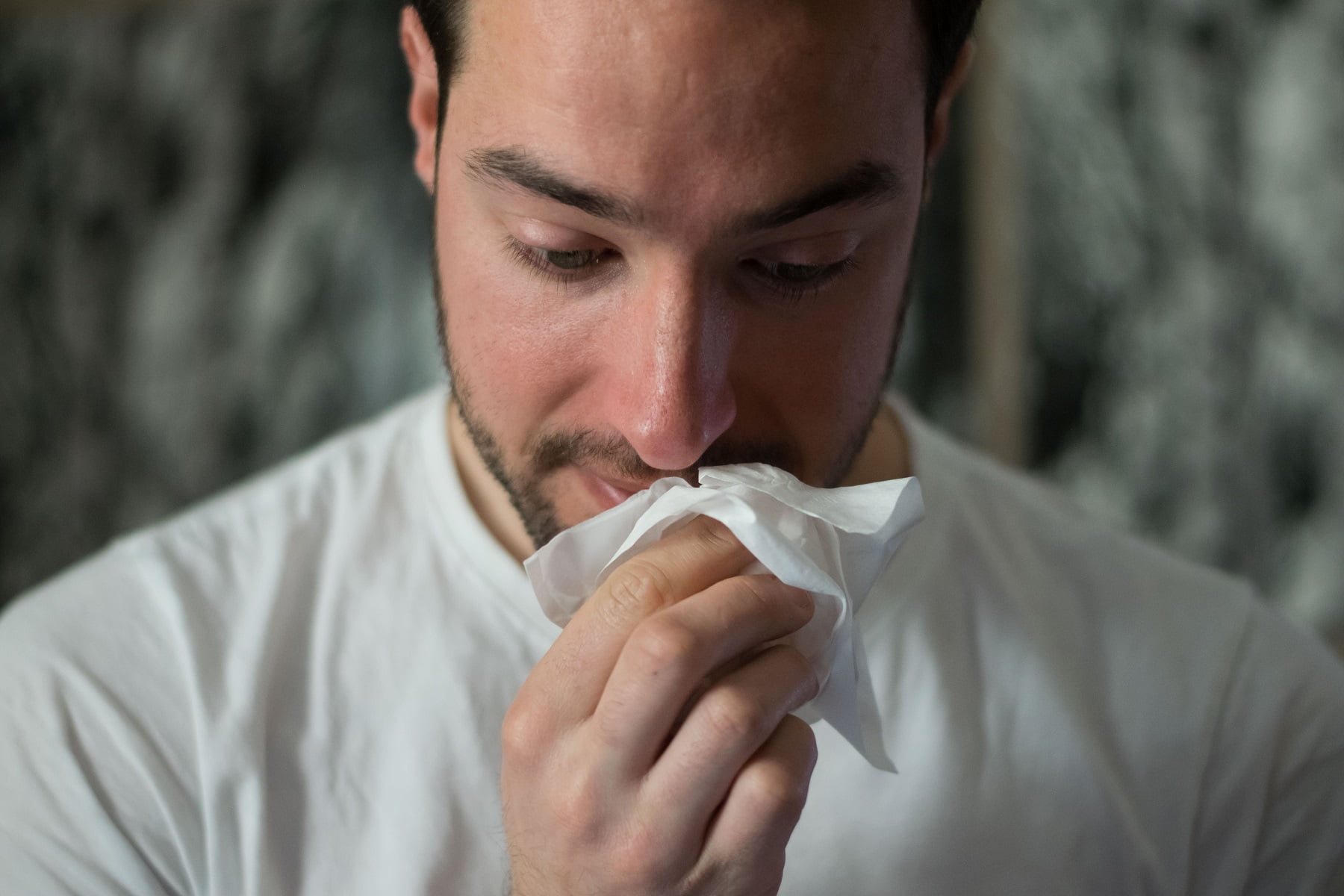Flu can make some people quite unwell, although it frequently gets better on its own. Most flu patients have mild illnesses and don’t require medical attention or antiviral medications. In most circumstances, you should stay home and limit your interaction with others, except seeking medical attention. If you are advised to receive the flu shot, do so immediately.
There are a few things you may do to treat the flu at home as soon as symptoms appear while keeping an eye on the situation:
- Take it easy and get plenty of rest
- Stay hydrated
- Try saline nasal spray
- Use over-the-counter medications(such as Tylenol or Advil) to help lessen specific symptoms.
You probably don’t want anyone else to feel as bad as you when you get the flu. However, because you have to stay at home, there is a greater chance that someone in your household will become ill. So, take steps to protect them as best you can:
- Keep your distance
- Don’t share food or drinks
- Wash your hands frequently
- Cover your mouth when you sneeze or cough
- Disinfect frequently touched surfaces
If you have flu-like symptoms, are in a higher-risk group, or are extremely ill or concerned about your condition, call your doctor immediately. Flu-related severe complications are more likely to occur in particular populations (including young children, people 65 and older, pregnant people, and people with certain medical conditions). Here is a comprehensive list of those more likely to have flu-related complications. If you are in a high-risk group and develop flu symptoms, it is best to see your doctor as soon as possible.
Antiviral medication like Tamiflu or Relenza helps you recover from the flu more quickly and guard against serious complications. However, antivirals require a prescription and work best when given just when the symptoms appear.Need a flu vaccine or a doctor’s appointment? Book an appointment with SanoMed Clinic or Pharmacy.

